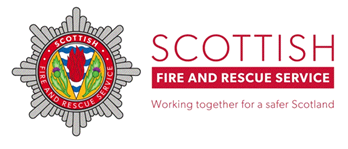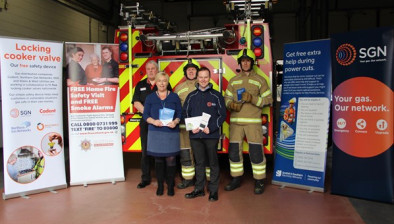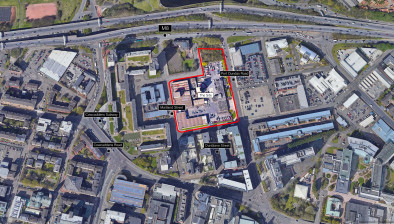More than 500 house fires recorded over Christmas 2018 in Scotland

More than 500 accidental house fires were recorded across Scotland during last year’s festive season, according to the latest statistics revealed today by the Scottish Fire and Rescue Service.
Figures show the extent of seasonal dwelling fires responded to by firefighters, with a total of 509 incidents recorded between December 10 and January 14.
The numbers further revealed that of the 91 people who sadly became a casualty of these fires, 37 were aged 60 or over – more than 40%.
The hard-hitting numbers were highlighted as the Scottish Fire and Rescue Service launches its winter safety campaign today, including a hard-hitting national television advert highlighting the dangers of cooking while under the influence of alcohol.
The festive period is traditionally one of the busiest times of year for SFRS and its partners – with the increase in accidental house fires during the period typically caused by a higher use of heating and electrical appliances - as well as higher alcohol consumption, decorations and the traditional use of candles also playing a role.
Ross Haggart, assistant chief officer, SFRS director of prevention and protection, said: “Ultimately, we want people to remember the festive period for all the right reasons.
“When our firefighters have to attend a fire in someone’s house at Christmas time, and we enter a house which is burning but full of Christmas presents and decorations – it’s heartbreaking.
“But unfortunately, the festive period sees potentially deadly combinations come together – increased use of electricity, drinking alcohol and cooking, decorations being put up near heat sources. It’s all too easy to think that it will never happen to you - but it can.
“That’s why we are appealing to communities across Scotland – don’t let Christmas end, or your New Year start, with tragedy.”
This winter SFRS will work closely with local communities and partner agencies to keep Scotland safe from fire and other emergencies.
However, Mr Haggart is urging communities to play their part by ensuring that the most elderly and vulnerable members of the community are properly supported this Christmas and into 2020.
He added: “I would directly appeal to people to check if their elderly relatives, neighbours or friends are in need of our support and to contact us.
“Home fire safety visits are a key pillar of our prevention work that help safeguard the public – especially vulnerable residents.
“These are free pre-arranged visits where SFRS staff identify signs to protect people and their homes.
“SFRS staff can also identify hazards in the home, help plan escape routes and provide information about smoke, heat and carbon monoxide alarms.”
Cooking remains the number one cause of fires in the home in Scotland, with alcohol a top contributing factor.
During the festive period, the SFRS traditionally sees a rise in incidents related to cooking while someone is under the influence of alcohol.
ACO Haggart continued: “When it comes to celebrating and marking the occasion – please do not drink, then attempt to cook.
“Cooking remains the number one cause of house fires in Scotland and often alcohol is a contributing factor, especially during this period.
“Consider making something beforehand and have it prepared, or wait until you are no longer affected by alcohol.”
Community safety minister Ash Denham said: “While we want people to be able to celebrate and relax over the festive period, it is extremely important that they also keep themselves and others safe. For that reason I’d urge people to follow the advice of the Scottish Fire and Rescue Service and act responsibly.”
Leaflets which outline how to prevent fires in the home and what to do if one starts in their building were distributed to residents in high-rise properties from last week.
The advice, produced by the Scottish Government and the Scottish Fire and Rescue Service, is being delivered to high-rise homes from this month and will also be available in libraries and community centres in all 15 local authorities with the properties.
Guidance is also being published for those responsible for fire safety in high-rise buildings, including councils, housing associations, owners and private landlords.








